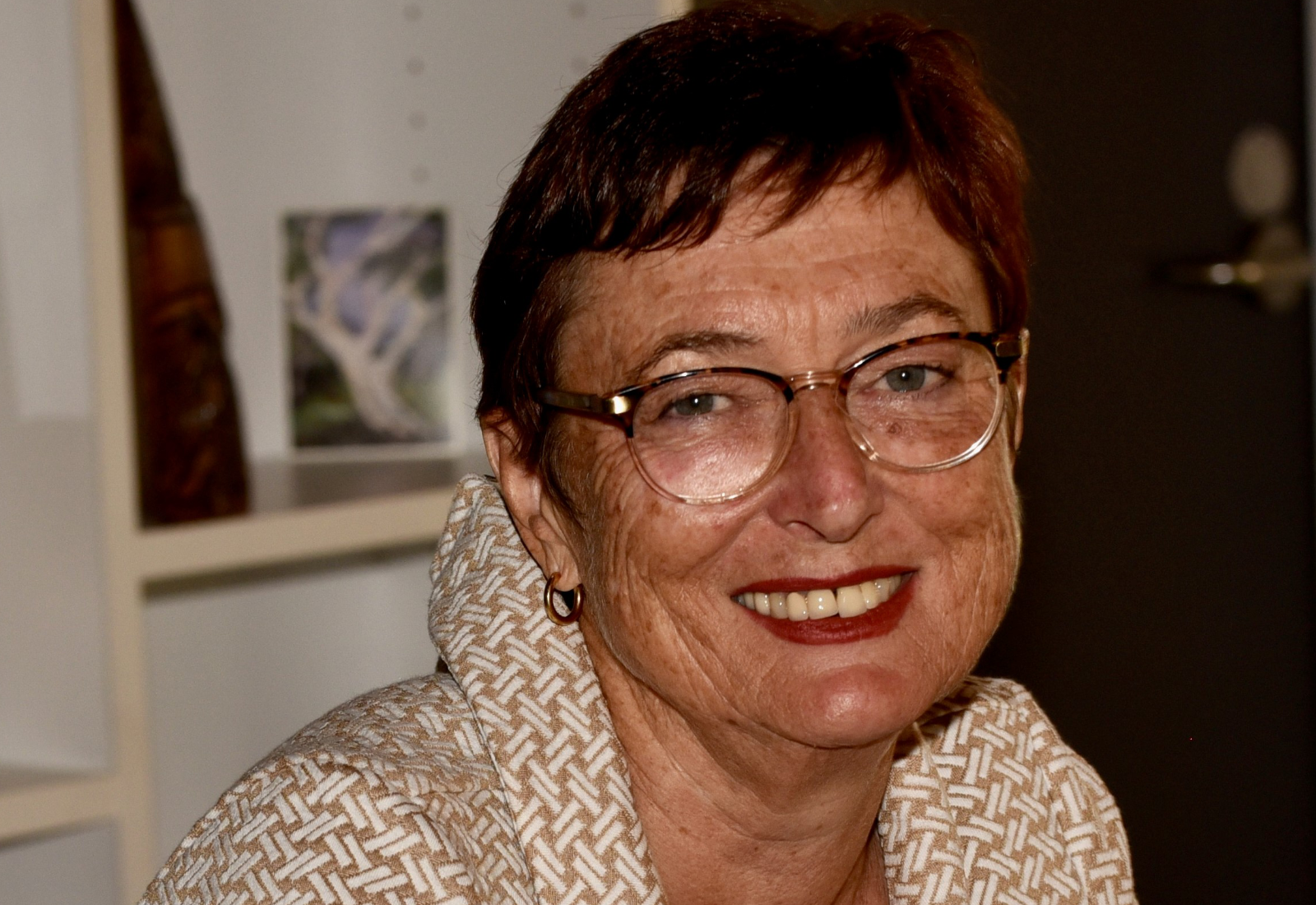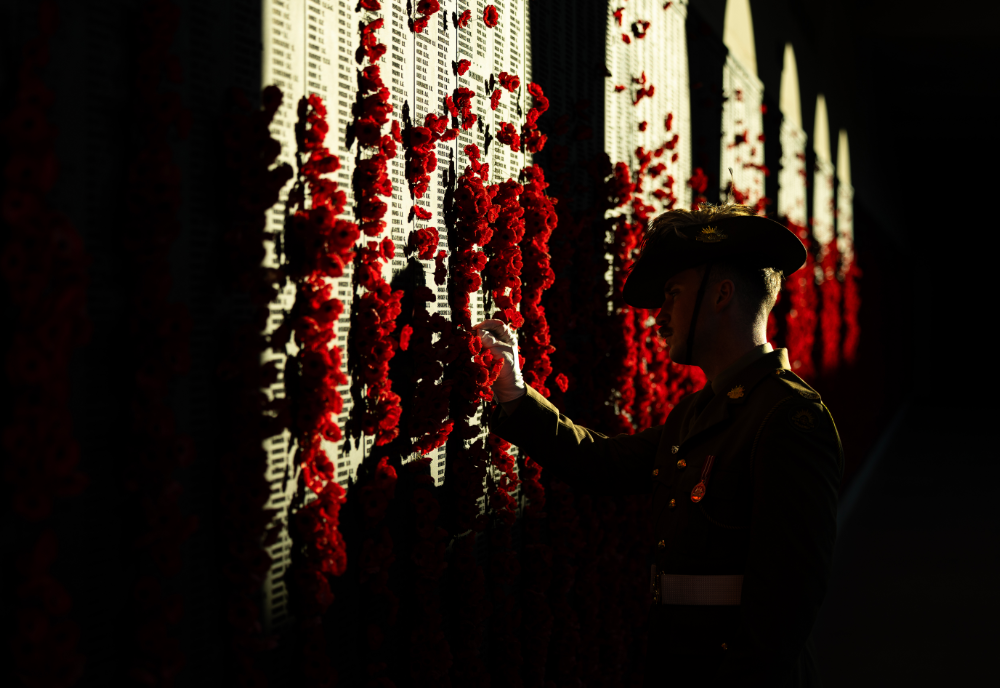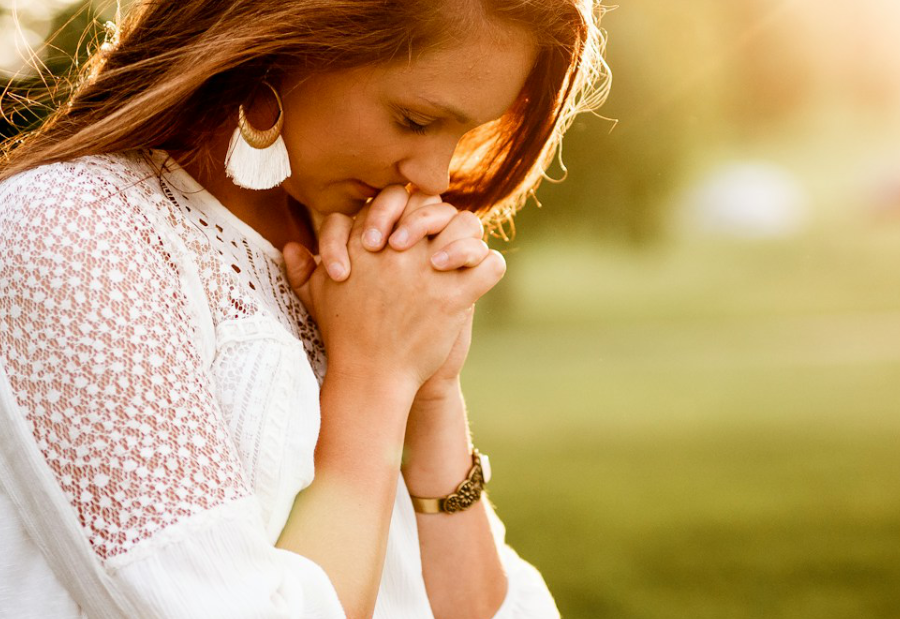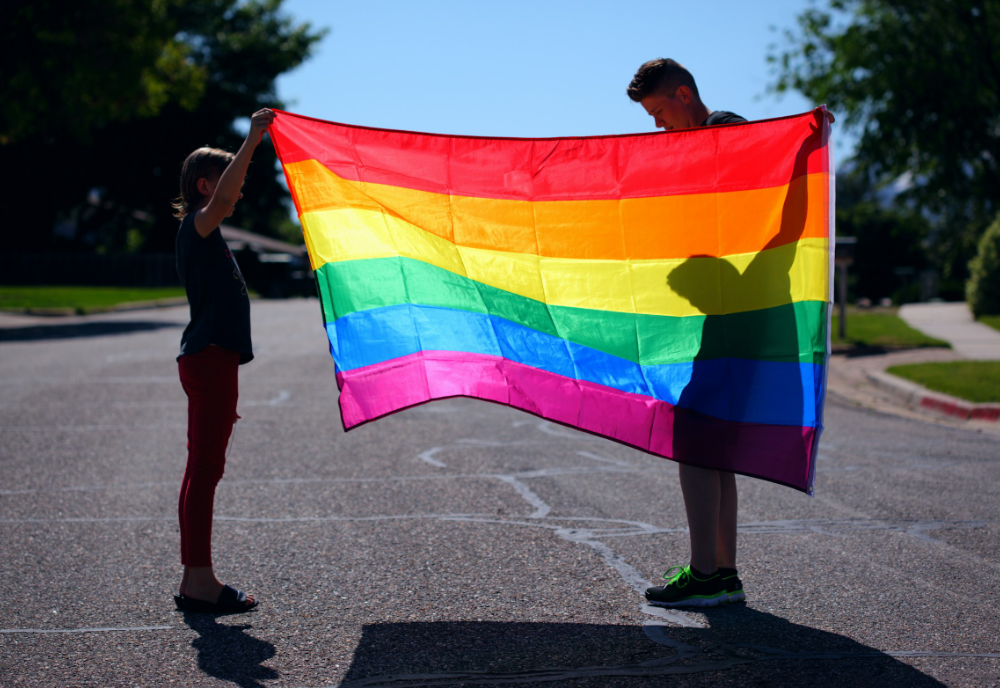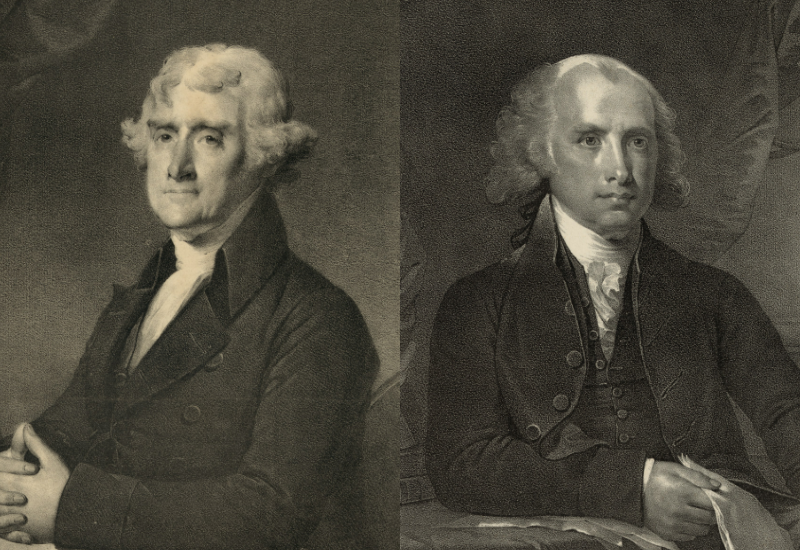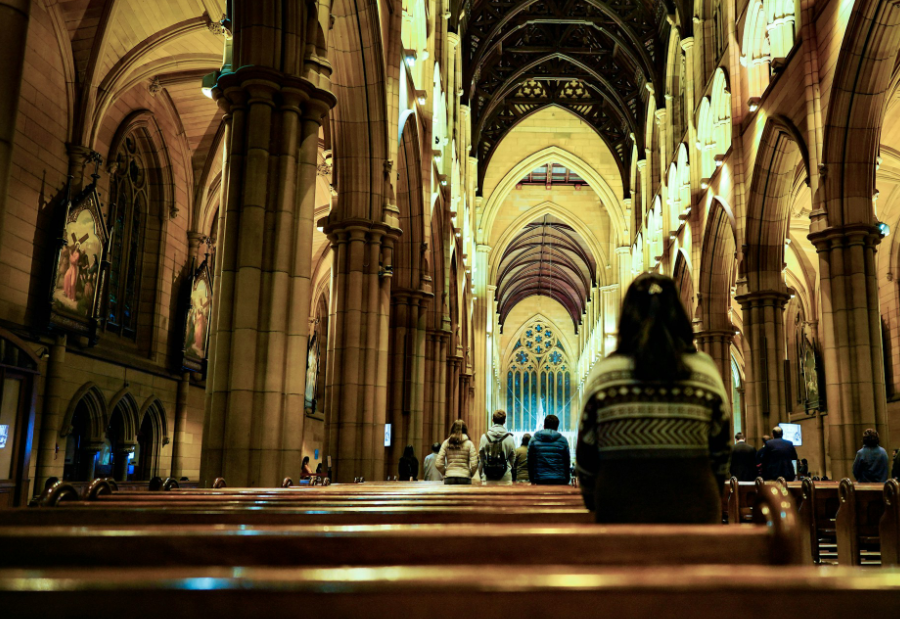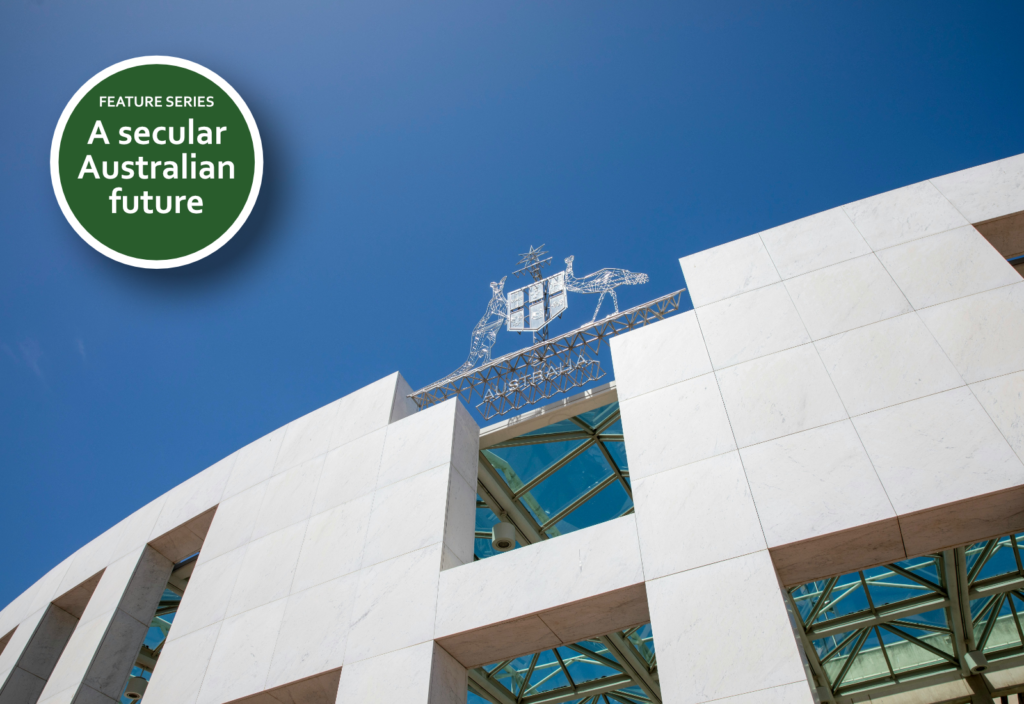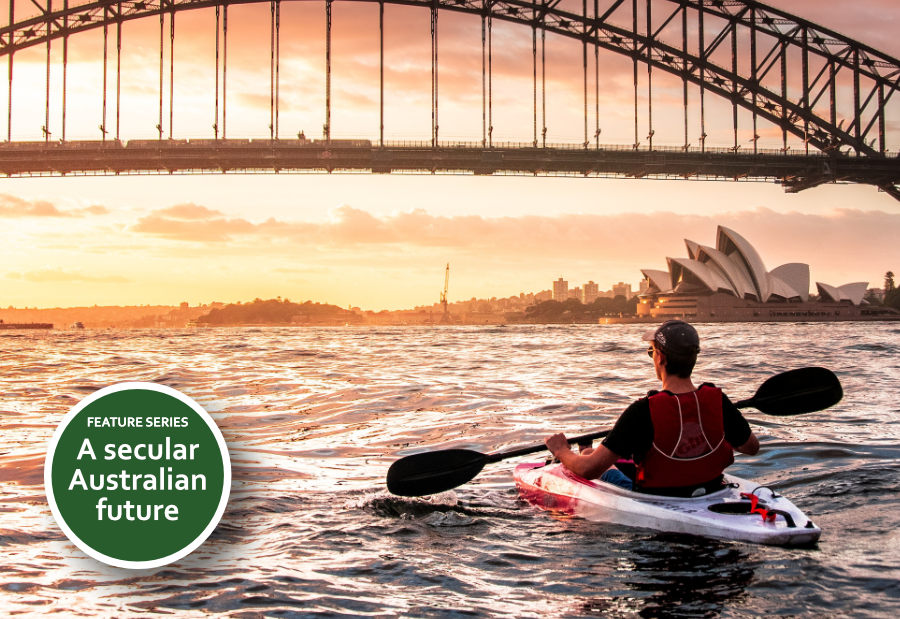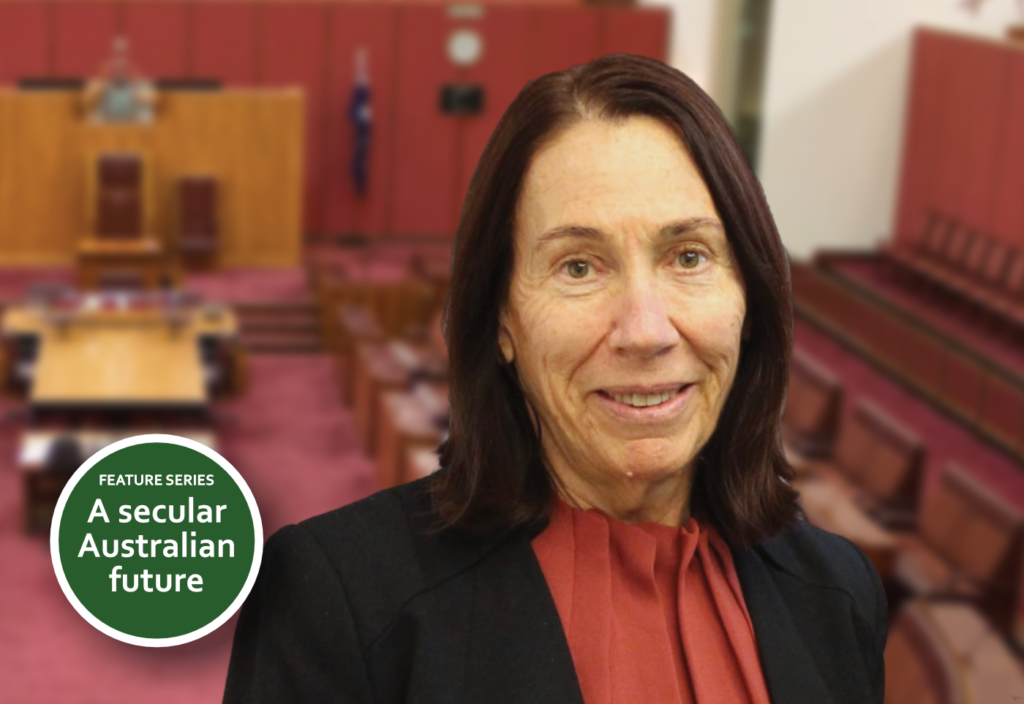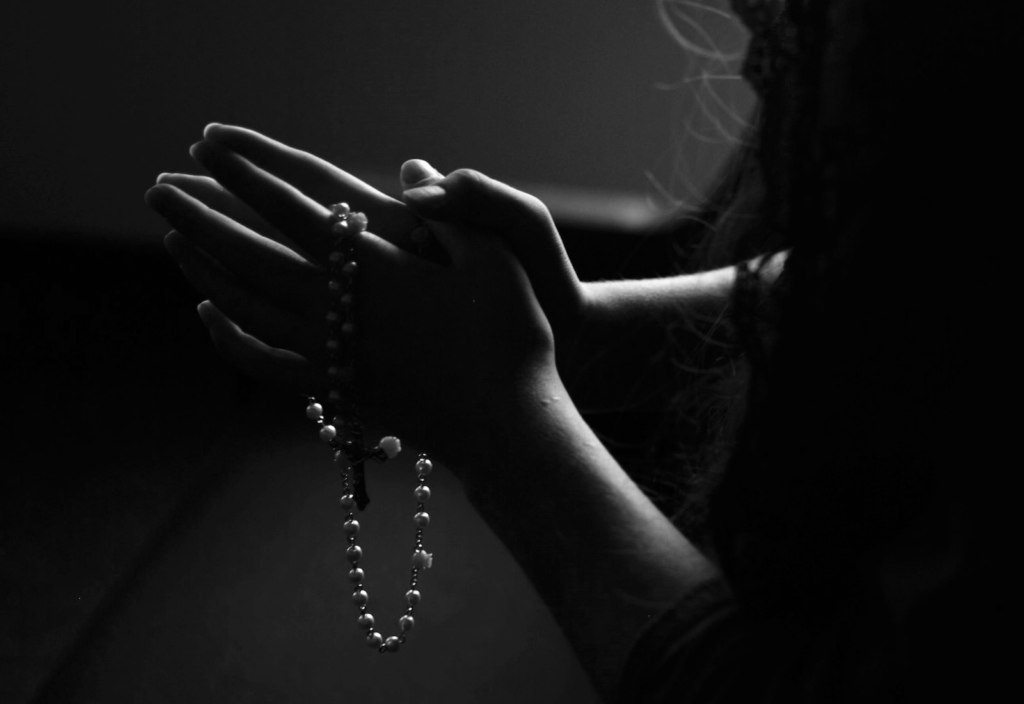As a Buddhist monk and a community leader, I have a particular interest in matters of religious discrimination and a strong desire to foster more understanding, harmony and respect between religious groups.
Last year, I was deeply shocked to hear about the Shoalhaven Council’s banning of Councillor Kaye Gartner (pictured) from reading a Buddhist prayer. Members of the wider Buddhist community were also distressed to hear about what had happened in a public institution and could not believe that it was allowed to occur in 2021.
I frequently attend multi-faith gatherings and participate in dialogues that encourage inclusivity, understanding and respect for others’ religious beliefs or lack of belief. Australia is a multicultural country which values diversity and freedom of religion. Australian people have an ethos of friendship, fairness and a fair go for all.
The Shoalhaven Council’s banning of any non-Christian prayers before their council meetings is religious discrimination that has no place in our public institutions. It should never have been allowed to occur.
The council’s discriminatory actions are an abuse of power that contravene the council’s statutory responsibilities and the Local Government Code of Conduct. This code states that the council must act in a non-discriminatory manner and “must not harass or unlawfully discriminate against others, or support others who harass or unlawfully discriminate against others” on the grounds of religious affiliation (section 3.6).
By refusing to allow non-Christian prayers, the council prevented Councillor Gartner – who is now no longer a serving councillor – from practising her religion and has also discriminated against all Buddhists, as well as those from other religions.
By interrupting her prayer, telling her to sit down and passing motions to prevent any non-Christian prayers, the council did not treat Councillor Gartner with the common decency or respect that we expect from our public institutions and that we are entitled to under the law. Instead, members of the council intimidated, humiliated and harassed her in her workplace on the basis of her religion.
The council’s own code of conduct for meeting procedures states that it should be inclusive, trusted and respectful, with decisions reflecting the diverse needs and interests of the whole community, treating each other with respect.
By deliberately acting in a non-inclusive and discriminatory manner towards Councillor Gartner, the council failed to represent the diverse needs and interests of the whole community – which should be the very purpose of a local council.
Instead, the council’s approach created a hostile environment, not just for Councillor Gartner but for any member of the community in the Shoalhaven area who come from a religious minority group.
At this time of national debate about religious freedoms, a story like this – one of clear-cut religious-based discrimintaion – should merit considerable media and public attention. And one would think that to be undesirable for the Shoalhaven Council and the whole Shoalhaven community.
Instead of discrimination, division and exclusion, the council now needs to recognise the legal and ethical obligations it has to practise respect, inclusion and fairness for all.
By doing this, everyone in the Shoalhaven area can feel represented and valued as part of our wonderful multicultural Australian community.

